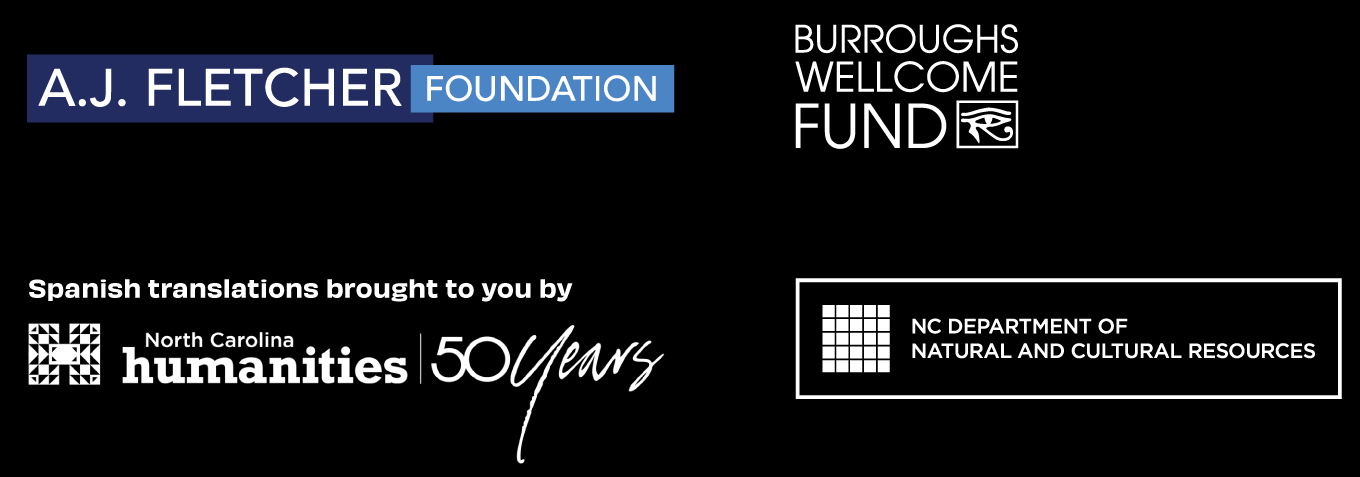Welcome!
Welcome to TalkAboutRace.org, an affiliated project of the RACE: Are We So Different? - NCMNS exhibit. RACE: Are We So Different? is a public education effort designed to give people more information about the science, history, and lived experience surrounding race and its misconceptions.
RACE: Are We So Different?, originally developed in 2007 by the American Anthropological Association (AAA), is the first exhibit of its kind to bring together information from 27 different academic disciplines to study race and how it impacts people’s lives. This project includes work from geneticists, to social scientists, to historians, to medical and law experts. The exhibit focuses on providing a variety of learning experiences for people of all ages and backgrounds.
RACE: Are We So Different? has Three Primary Messages:
- Race and human biological variation are separate concepts. The idea of race is about culture, not biology.
- We need to understand when and why the idea of race was invented to make progress towards undoing it.
- Race and racism are embedded in our everyday lives.
Due to the overwhelming support and enthusiasm from the public, consultants were hired by the Burroughs Wellcome Fund to update the exhibit. This update will reflect current events and attitude shifts in American society towards race. The RACE traveling exhibit serves as an introduction for the updated RACE: Are We So Different? exhibit, returning to North Carolina in the near future.
All the resources are designed to be inviting, educational, and inclusive. We do acknowledge that some resources may be difficult to understand and some topics we cover can invoke feelings of trauma. Having a deeper understanding of the history of race and the impact of its lived experience is vital to creating a more just society. We also want to acknowledge that every person’s experience with race is unique and this exhibit is not designed to be an exhaustive account of race and racism in the United States. We hope you find this exhibit educational and we welcome your feedback on how to better represent this important information to a wide public audience.
Thanks to these original funders: Ford Foundation, National Science Foundation
Thanks to these funders for their continued support: Burroughs Wellcome Fund, AJ Fletcher Foundation, The NC Humanities Council, NC Department of Natural and Cultural Resources
